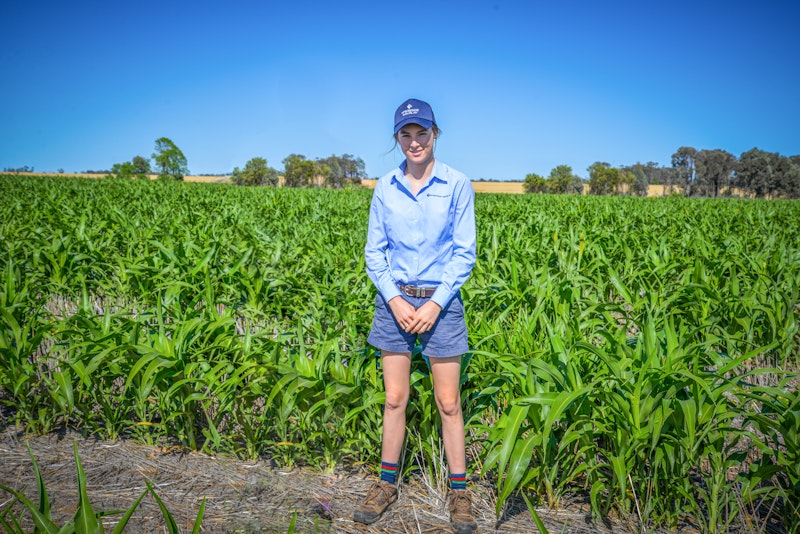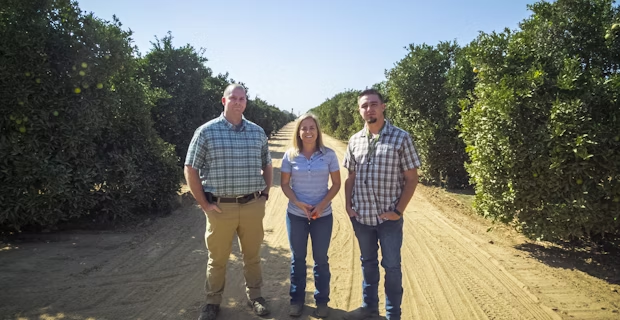If you love agriculture and like a good story, read on!
We are still in a pandemic, but are slowly seeing light at the end of the COVID-tunnel, and most global economies are in a much better shape than we could have imagined 12 months ago. Yes, house prices are through the roof, unemployment is rapidly declining, and the demand for most consumer goods and services is nearing record levels again. We’re now even at the point where many supply chains are getting stressed due to increased demand for specific goods such as computer chips and other electronics, logistical disruptions, and a lack of labour available in certain sectors and geographical areas.
It seems to me that the challenges we are facing with the labour market in Australia, the USA and other countries, are some of the issues that will be the most difficult to address in a timely manner. Labour-migration is at an all-time low due to closed borders, and the rapid changes in consumer behaviour trends have created a new demand in services and goods required to service them. Most business sectors are being challenged.

In the Australian agriculture sector as a whole, the lack of European backpackers, Kiwi shearers and Pacific Island labourers has been causing issues over the last year, with labour shortages still continuing, further compounded by the extended border closure. And while it’s easy to say ‘just get unemployed people from the cities to move to the countryside and give them jobs in agriculture’, reality shows us that this is not easily done and at best is a process that necessitates a change of mentality which takes years to reach fruition.
Over the past decades we’ve steadily seen farms increase in size while rural communities have been shrinking, which has contributed to the isolation felt in those communities. Until the COVID pandemic struck, the migration of young and talented people from rural communities to cities was unchanged. However, what we’re now seeing is the increase in the number of people working remote and choosing to live in less urbanised areas; they are maybe not choosing to work in agriculture yet, but at least the perceived value of living rurally is starting to change.
I think that the impetus is on all of us currently working in the agricultural sector to ‘make agriculture attractive again’ and entice talented young people to move back from the city and take jobs in ag. At the same time, it’s just as important to give young people already living in the country those chances they need to make it worthwhile staying rurally instead of moving to the city at some point in their career.

There are also ample examples of young people in the country that create their own opportunities and find ways to make things work for them, which is great to see. I recently spoke to a young man, Jake Sambell, who grew up in the wheatbelt town of Narembeen before moving to Albany for schooling. Working with farmers and foresters, and operating machinery has been his vacational passion, leading to his decision this year to start ‘JR Earthmoving’. Jake purchased a 30 tonne excavator with stump plucker to tackle the residual issue of blue gum farms leaving stumps behind and rendering good pasture country basically useless.
Jake told me: “I love agriculture and the farm life and would actually like to have owned my own sheep and cattle farm. However if you don’t own a farm, but love being in and around them, the next best thing you can do is work with those who do and help them increase productivity through removing those stumps, and cleaning or building dams and drains. I look forward to doing this throughout the Great Southern and outer areas where the projects are big enough.”
Search product labels with Agworld DBX
A reliable source of plant protection chemical label data so that you can find the information you need for managing weeds, pests and diseases in a safe and effective way. Download product labels and SDSs
Powered by Greenbook
Agworld are big supporters of young talent staying or moving back to the country and following their vision and aspirations to contribute to agriculture, as it’s so important to see the industry who’s workforce is around 1.5% of the population have the people and talent to support the other 98.5% of the population who rely on them for their basic needs.
All this has got me thinking, we probably have more talent on the ground in our local areas than we think. Perhaps while we are all trying to create a better environment to cultivate talent the simplest place to start is reaching out and encouraging or supporting those young people wanting to give agriculture a crack, because I am sure there are many readers like myself, who got their first break or the courage to have a go through someone being there to journey with them.
Oh - and if you are in the Great Southern region and need any work done by an excavator with a very talented and motivated operator, make sure to check out Jake’s Facebook page - Jake would love your business to support his dreams and aspirations and wants to pay it forward to others who want to engage in agriculture too.





